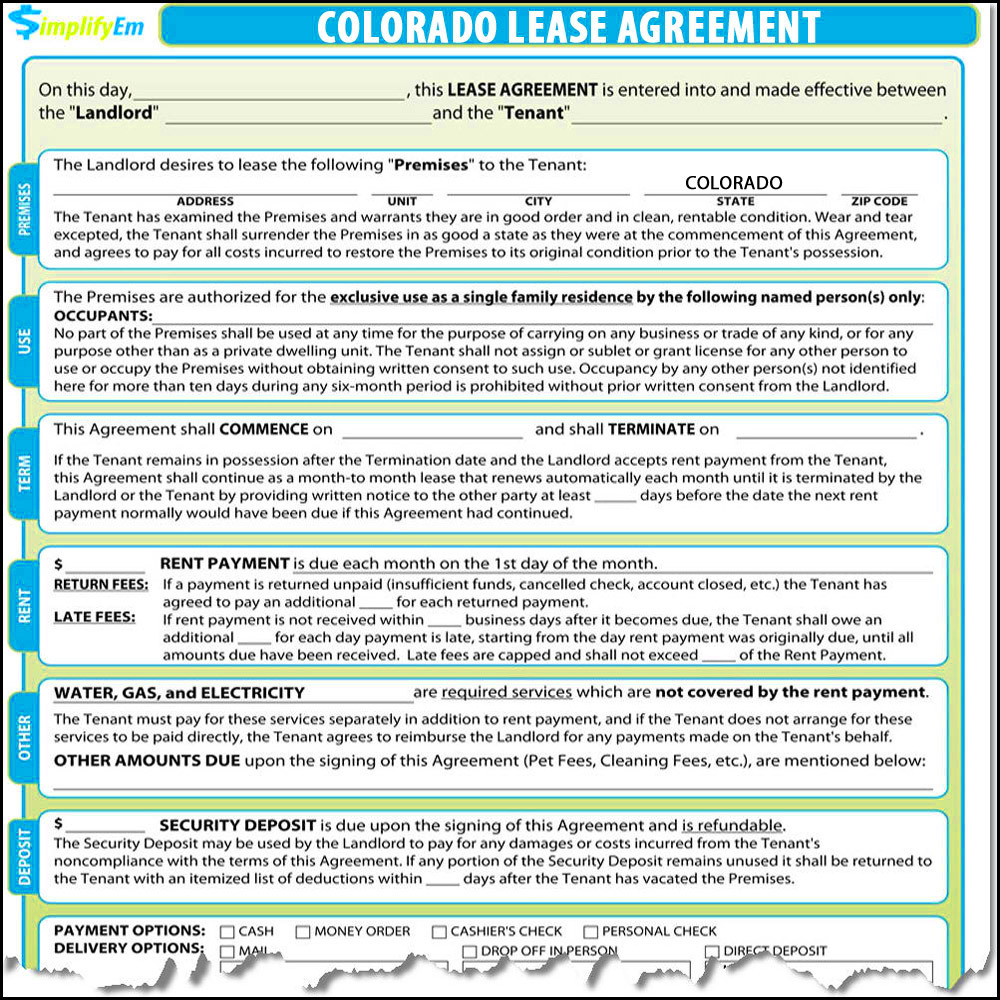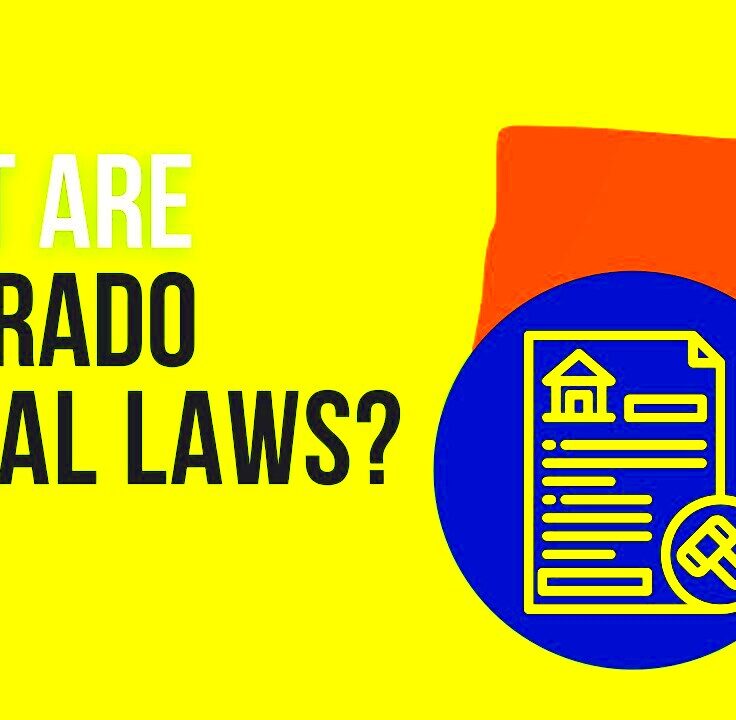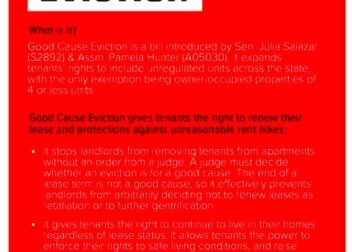Lease Renewal Laws in Colorado You Should Be Aware Of
When you’re renting a home in Colorado, it’s important to understand how lease renewals work. A lease renewal is essentially an agreement between you and your landlord to continue renting the property for a new term. Knowing the ins and outs of this process can help you avoid confusion and protect your rights as a tenant.
In Colorado, leases typically last for a year, but they can also be month-to-month or for other durations. When it’s time for your lease to end, your landlord might offer to renew it. Here are a few steps involved in the renewal process:
- Review your current lease: Look for any clauses regarding renewal.
- Discuss with your landlord: Open a line of communication about your plans.
- Negotiate terms: If you want to change the rent or other conditions, now is the time to discuss it.
- Sign the new lease: Once both parties agree, make sure to sign the new lease document.
Key Laws Governing Lease Renewals

Colorado has specific laws that govern lease renewals. Understanding these laws can provide clarity and assurance for both tenants and landlords. Here are some important aspects to keep in mind:
- Implied Renewal: If you continue to stay in the property after the lease term ends and the landlord accepts your rent, the lease may automatically renew under the same terms.
- Notice Requirements: Landlords must provide written notice if they do not intend to renew the lease, typically 60 days before the lease ends.
- Rent Increases: If the landlord wants to raise the rent for the renewed lease, they must inform you ahead of time, usually during the notice period.
These laws help maintain fairness and transparency in the lease renewal process, ensuring both parties are on the same page.
Notices Required for Lease Renewal
Notices play a crucial role in the lease renewal process in Colorado. Here’s a breakdown of the types of notices involved:
| Type of Notice | Description | Timing |
|---|---|---|
| Notice of Non-Renewal | Written notification from the landlord if they do not wish to renew the lease. | 60 days before lease expiration |
| Rent Increase Notice | Notice if the landlord plans to increase the rent for the new lease term. | Typically during the notice period |
| Renewal Offer Notice | Offer from the landlord detailing terms for renewing the lease. | Varies by landlord |
It’s vital to keep track of these notices to ensure you are aware of any changes or requirements regarding your lease renewal. Keeping communication open with your landlord can also help clarify any uncertainties.
Negotiating Lease Terms Before Renewal
Negotiating your lease terms before renewal can significantly impact your living situation and budget. This process allows you to address any issues from the previous lease and potentially improve your rental agreement. Whether you’re looking to lower your rent, change lease conditions, or even ask for repairs, open communication is key.
Here are some tips to help you negotiate effectively:
- Do Your Research: Know the market rates for similar rentals in your area. This information will give you leverage during negotiations.
- Prepare Your Points: List down what you want to negotiate, like rent amount, maintenance responsibilities, or the duration of the lease.
- Schedule a Meeting: Set a time to discuss your lease with your landlord. Make sure it’s a convenient time for both of you.
- Be Professional: Approach the conversation calmly and respectfully. Being confrontational can hinder negotiations.
- Be Open to Compromise: Sometimes, you may not get everything you ask for, so be prepared to find a middle ground.
By being prepared and professional, you increase the chances of a favorable outcome during your lease renewal negotiations.
Tenant Rights During Renewal Process
As a tenant in Colorado, you have specific rights during the lease renewal process that protect you and ensure fair treatment. Understanding these rights is crucial for a smooth renewal experience.
- Right to Notice: You are entitled to receive a notice if your landlord does not intend to renew the lease, typically 60 days before the lease expiration.
- Right to Fair Negotiation: You have the right to discuss and negotiate lease terms without fear of retaliation from your landlord.
- Right to Repairs: If there are issues with the property, you have the right to request repairs before renewing your lease.
- Right to Security Deposit Return: If you decide not to renew, your landlord must return your security deposit in accordance with state laws.
Familiarizing yourself with these rights can help you advocate for yourself effectively during the renewal process.
Landlord Responsibilities in Lease Renewal
Landlords in Colorado also have specific responsibilities when it comes to lease renewals. Understanding these responsibilities can help foster a positive relationship between landlords and tenants.
- Providing Timely Notices: Landlords must give written notice if they do not plan to renew the lease, usually 60 days in advance.
- Communicating Lease Terms: If the landlord wants to change the terms of the lease, they must clearly communicate these changes before the renewal.
- Maintaining the Property: Landlords are responsible for keeping the property in good condition, including addressing repair requests made by tenants.
- Returning Security Deposits: If the tenant chooses not to renew the lease, the landlord must return the security deposit according to Colorado law.
By fulfilling these responsibilities, landlords can help ensure a smooth and transparent lease renewal process, benefiting both parties.
Disputes Related to Lease Renewal
Disputes can arise during the lease renewal process, and understanding how to navigate these conflicts can make a big difference. Whether you’re a tenant or a landlord, knowing the common issues that may arise can help you handle them effectively and maintain a good relationship.
Here are some common disputes related to lease renewals:
- Rent Increases: Disagreements often occur over proposed rent increases. Tenants may feel that the increase is unfair, especially if the property hasn’t improved.
- Terms of Renewal: Sometimes, landlords may want to change the terms of the lease without proper discussion, leading to misunderstandings.
- Failure to Provide Notice: If a landlord fails to give the required notice of non-renewal, tenants may feel blindsided and unprepared for the next steps.
- Repairs and Maintenance: Disputes can arise if tenants feel that necessary repairs have not been addressed before renewal.
To resolve these disputes, both parties should aim for open communication. Documenting all discussions and agreements can also help prevent misunderstandings and provide clarity.
Frequently Asked Questions
When it comes to lease renewals, tenants and landlords often have many questions. Here are some of the most frequently asked questions and their answers:
| Question | Answer |
|---|---|
| How much notice do landlords need to give for non-renewal? | Landlords must provide a written notice at least 60 days before the lease ends. |
| Can a landlord increase rent during a lease renewal? | Yes, but they must notify the tenant of the increase during the notice period. |
| What if I don’t agree with the new lease terms? | You can negotiate with your landlord to reach a mutually agreeable solution. |
| What rights do tenants have during the renewal process? | Tenants have the right to fair negotiation, timely notices, and necessary repairs. |
These questions reflect common concerns, and having clear answers can ease the process for both tenants and landlords.
Conclusion
Understanding the lease renewal process in Colorado is essential for both tenants and landlords. From knowing your rights and responsibilities to navigating potential disputes, being informed can help create a smoother experience. Whether you’re negotiating terms or addressing issues, open communication and respect are key. By staying aware of the laws and your rights, you can ensure a fair and pleasant lease renewal process that meets the needs of everyone involved. Always remember, a little knowledge goes a long way in protecting your interests in a rental agreement.


